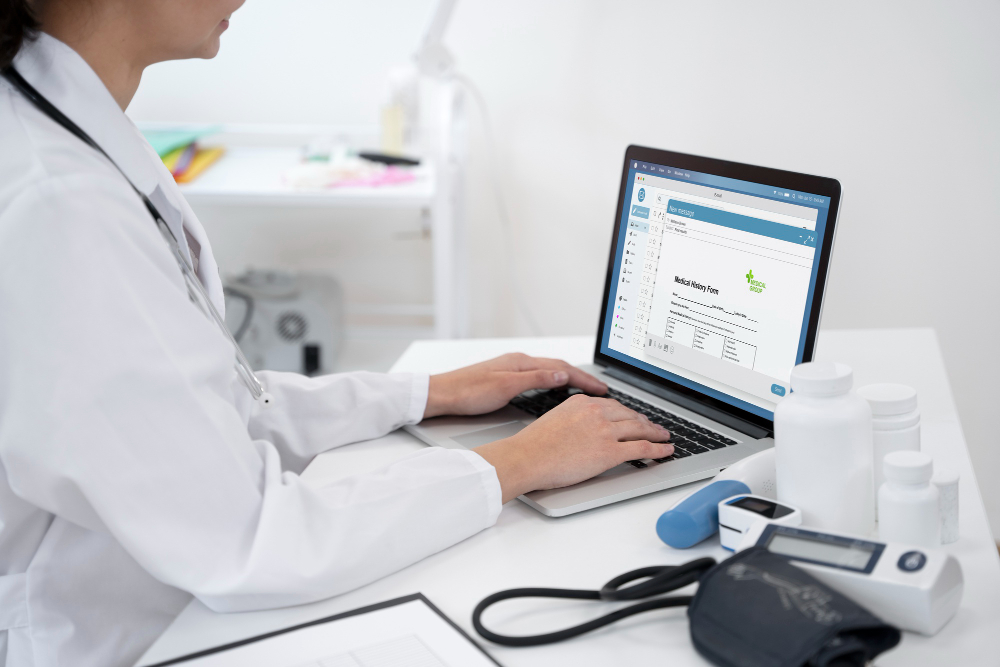
What is LSCS?
LSCS, or Lower Segment Cesarean Section, is a surgical procedure used to deliver a baby when vaginal delivery is not possible or safe for the mother or baby. It involves making an incision in the lower part of the abdomen and uterus to deliver the baby.
How is LSCS Performed for Booked ANC Patients?
For booked ANC (Antenatal Care) patients, LSCS is typically performed as follows:
- Preoperative assessment: Before the procedure, the patient undergoes a thorough evaluation, including medical history, physical examination, and relevant tests to assess the need for cesarean section.
- Preparation: The patient is prepared for surgery, and anesthesia is administered to ensure comfort during the procedure. An intravenous (IV) line is inserted to provide fluids and medications.
- Incision: An incision is made in the lower abdomen and uterus, typically along the bikini line, to access the baby.
- Delivery: The baby is carefully delivered through the incision, and the umbilical cord is clamped and cut.
- Placenta removal: The placenta is then removed from the uterus.
- Closure: The incisions in the uterus and abdomen are closed with sutures, and a sterile dressing is applied to the wound.
Who is a Candidate for LSCS?
Booked ANC patients may be candidates for LSCS if vaginal delivery is contraindicated or not feasible due to various reasons, such as previous cesarean section, breech presentation, fetal distress, placenta previa, or certain maternal medical conditions. A thorough evaluation by an obstetrician is necessary to determine the need for cesarean section and discuss the risks and benefits with the patient.
What is the Recovery Process Like After LSCS?
The recovery process after LSCS varies for each patient but typically involves:
- Hospital stay: Most patients stay in the hospital for 2-4 days after LSCS to monitor recovery and ensure both the mother and baby are stable.
- Pain management: Pain medication and other supportive measures are provided to manage discomfort after surgery.
- Activity: Patients are encouraged to gradually resume normal activities as tolerated but should avoid heavy lifting or strenuous exercise for several weeks.
- Incision care: Keeping the surgical incision clean and dry is important to prevent infection. Patients will receive instructions on wound care and follow-up appointments for incision checks.
What is the Recovery Process Like After Cancer Surgery?
The recovery process after cancer surgery varies depending on the type and extent of the surgery performed, as well as individual healing factors. In general, patients can expect to experience some discomfort, fatigue, or other side effects in the days and weeks following surgery. Pain medication, antibiotics, and instructions for caring for the surgical site will be provided to promote healing and prevent complications. Rehabilitation, physical therapy, or other supportive care may be recommended to help patients regain strength and function after surgery.
What are the procedure after surgery?
Rest and Limit Activity : Avoid strenuous activities, heavy lifting, and vigorous exercise for the recommended period.
Keep the Area Clean : Gently clean the surgical area with water and mild soap as directed by your surgeon. Pat the area dry with a clean towel, and avoid rubbing or scrubbing.
Take Prescribed Medications : Take any prescribed pain medications, antibiotics, or other medications as instructed by your surgeon to manage pain and prevent infection.
Avoid Sexual Activity : Refrain from sexual intercourse and other sexual activities until your surgeon advises it is safe to do so. This typically takes several weeks to a month or more, depending on individual healing.
Wear Loose Clothing : Wear loose-fitting clothing, preferably cotton underwear, to minimize friction and promote airflow to the surgical area.
Attend Follow-Up Appointments : Keep all scheduled follow-up appointments with your surgeon to monitor your healing progress and address any concerns or complications promptly.
Avoid Tampons and Menstrual Cups : Refrain from using tampons and menstrual cups during your recovery period to prevent irritation and infection.
Stay Hydrated and Eat Nutritious Foods : Drink plenty of water and eat a balanced diet rich in vitamins and nutrients to support healing and boost your immune system.
Why Choose VMG Hospital for LSCS?
VMG Hospital in Hisar, Haryana, offers expert care and comprehensive maternity services, including LSCS for booked ANC patients. Our team of experienced obstetricians, anesthesiologists, nurses, and support staff is dedicated to providing personalized care and support throughout the childbirth journey. With state-of-the-art facilities, advanced surgical techniques, and a patient-centered approach, VMG Hospital is committed to delivering the highest quality of care and ensuring a safe and positive birthing experience for mothers and their babies.